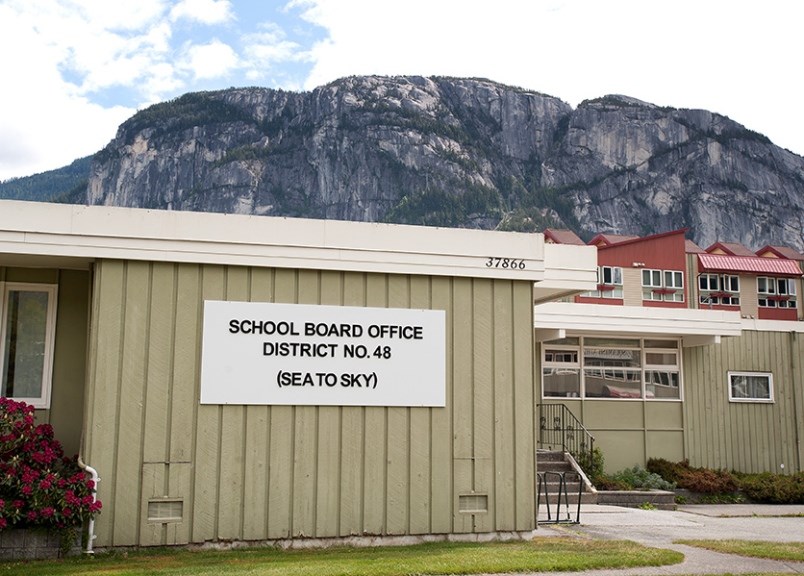Teachers who are volunteering for a pilot project that will see some students in Squamish not receive letter grades are optimistic about the outcome.
Starting next academic term, grades will become a thing of the past for some students in Grades 4 to 9 in School District 48.
Serving Squamish, Whistler and Pemberton, the school board has recently voted to implement the Communicating Student Learning Pilot Project. This plan will see 25 teachers throughout the Sea to Sky Corridor move towards ongoing communication in the form of a minimum of five reports describing students’ progress.
These reports include providing descriptive information on students’ peer-to-peer interactions, contributions to classes, strengths and area to improve and where the teacher is planning to support each student moving forward, according to a report provided by the school district.
Tina Sherlock, a Grade 4 to 6 teacher at Mamquam Elementary, and Sarah Hain, a Grade 4 to 5 teacher at Brackendale Elementary, are both part of the upcoming pilot program.
“We believe there is no need to give letter grades to students,” said Hain. “We believe that we need to change the way that we do things because education is changing.”
Sherlock added that they aren’t taking assessments away. Rather, they are working on making the way assessments are done and how they function more accessible for parents. Replacing grades will make assessments more reflective of student progress and will help them become involved in their own learning process, she added.
“This is a massive cultural shift,” Sherlock said. “Letter grades have been a long-time practice and they don’t work well with the growth mindset that we are working with. Letter grades work with a fixed mindset and students are less inspired by the learning itself, rather they are motivated by the grade they receive.”
Heidi Kubin, a learning support teacher at Signal Hill Elementary in Pemberton, also expressed support for the new pilot program.
“All of the research and benefits of not giving grades is there, and in place of them we are giving timely feedback to students,” she said. “Instead of waiting and giving assessments in three-month intervals with report cards, we will be sending assessments regularly on the progress of students. We will be sending feedback directly to parents.”
Kubin also added that letter grades fail to address where students’ next learning steps are and they don’t help to indicate where students are progressing.
“There is a misconception that going gradeless means being less rigorous in the classroom,” said Sherlock. “This is not the case. It’s the opposite. We are being more rigorous, we are demanding more in engagement from our students.”
Sherlock added that with the new curriculum it naturally opens up the curiosity of learning and that this pilot project works well with this style of learning.
“The kids are driving the learning and are buying into the learning and these assessment practices compliment and support the new curriculum and learning.”
Students aren’t entirely without grades, however. The report emailed to The Chief did indicate that letter grades can be requested by a parent or legal guardian and must be presented upon that request. Both Hain and Sherlock made it clear that amidst their excitement for the pilot program their intentions are to ensure that both parents and students are more heavily and impactfully involved in the education and assessment processes.
“We really want parents to be a part of this process,” said Hain. “We want to make sure that everyone understands why we are doing this and we want parents to be involved in what we are doing.”




